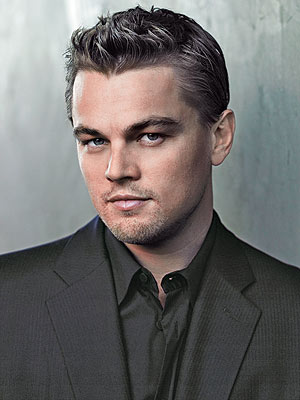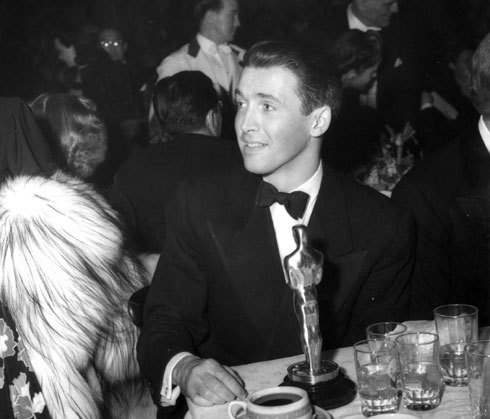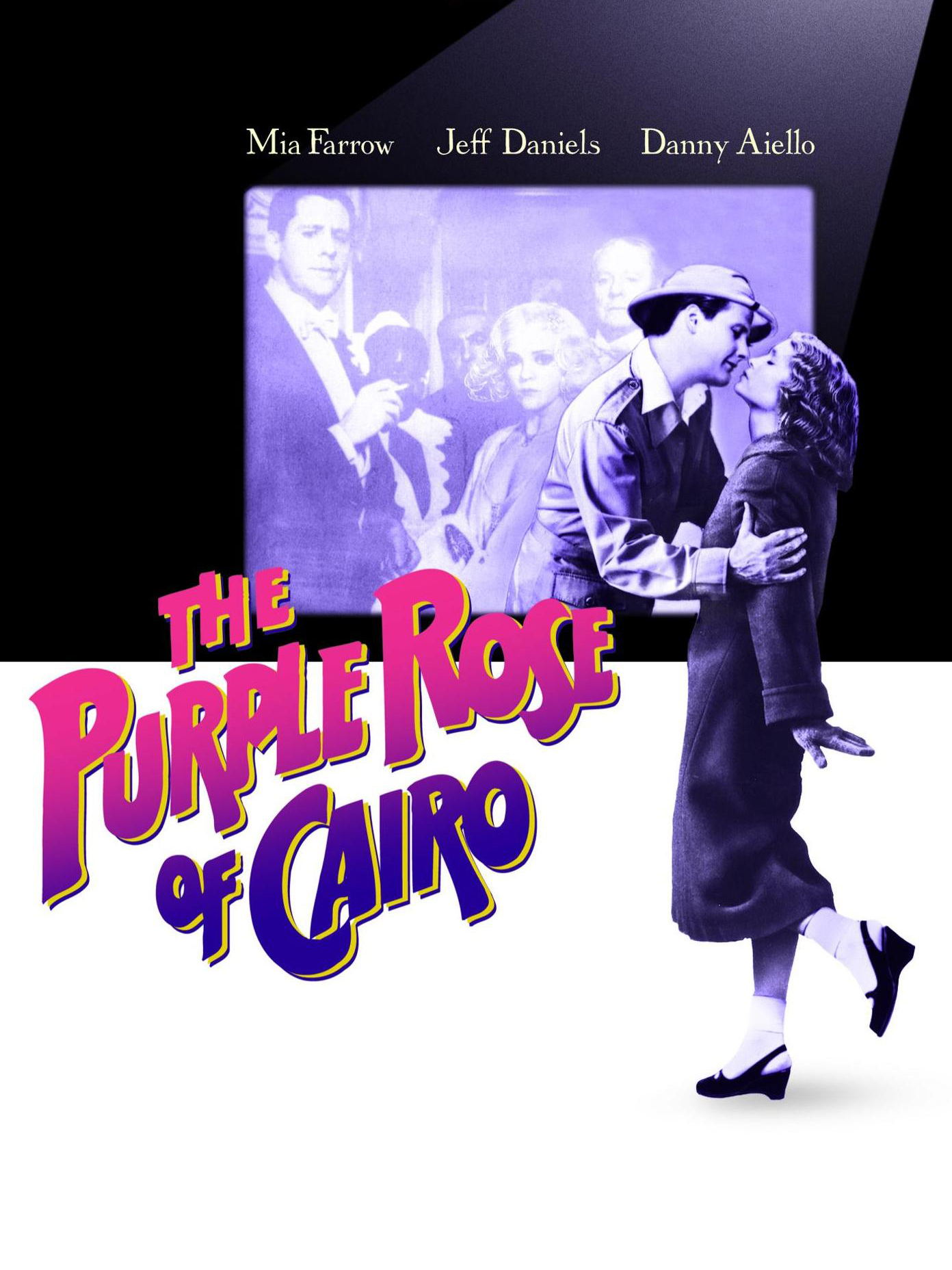
With this 6th installment of the Fast and the Furious franchise, it's safe to assume that the plot behind these films have adequately permeated through pop culture. I can therefore assume that a lengthy plot description is not needed for this review of "Fast & Furious 6" (or "Furious 6" if you prefer that moniker). Even if you are unfamiliar with the films, you can probably still guess the plot from the title. As it suggests, the film is about fast cars and the furious people who drive them.
With that out of the way, let's move on the analysis. First off, let me state that this not a great film, despite my "Movie of the Week" label (I didn't see many films this week). It's a film filled with scattered moments of genuine thrills and for this, it's deserving of a passing grade. What the franchise continues to lack though, is more emotional depth to instill the humanity in these films. It's not a cold film, but any emotions you feel for the characters are likely to come from your own pre-existing attachment to them, rather than any writing or acting finesse. Still, I readily admit that this is not the place to go looking for emotional or intellectual fulfillment.
So then, what is the purpose of this seemingly vapid film franchise? Well, they are made for entertainment and in that regard it mostly succeeds. If you are willing to submit yourself to the routine machinations of the action sequences, then you will probably find much satisfaction here. For other more discerning viewers (myself included), it's less likely to register as anything outstanding. Even so, I must give credit where it's due. Namely, there's a sequence in the early portion where the main antagonist (played by Luke Evans) is evading capture and it really stood out and made me take notice. With its grand setup it was almost, dare I say it, Nolan-esque in its execution. I would have loved to see the film continue in this vein, but the director clearly had a different vision.
Sadly, the film soon settles in to its more nondescript action scenes and becomes the typical crowdpleaser that you'd expect. The film gives us its usual dose of logic-defying setpieces that are absurd to the point of being admirable.
Many may ask why we need so many sequels to this franchise, but the proof is in the pudding. You would be hard-pressed to find a franchise that finds its critical appeal in its 5th and 6th installments. It's a miracle really, considering the cynicism of modern movie culture. Even the more lukewarm fans like myself tend to recognize the franchise's inherent entertainment value. In a year of disappointing blockbusters, this is a franchise that gave the fans exactly what they wanted. What more can you ask for?
| Tweet |

















